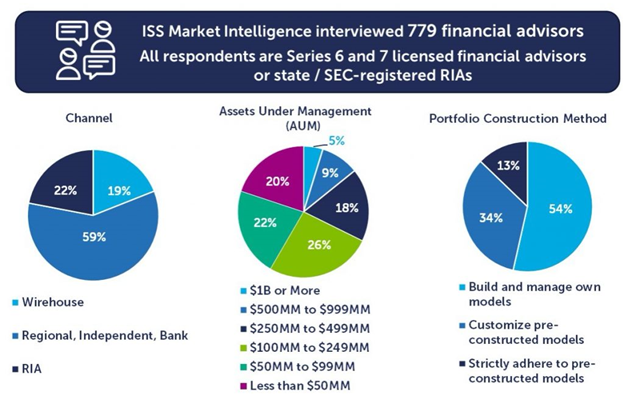Marc S. Gerber, Greg Norman and Simon Toms are partners at Skadden, Arps, Slate, Meagher & Flom LLP. This post is based on a Skadden memorandum by Mr. Gerber, Mr. Norman, Mr. Toms, Louise Batty, Adam M. Howard and Caroline S. Kim. Related research from the Program on Corporate Governance includes The Illusory Promise of Stakeholder Governance (discussed on the Forum here) and Will Corporations Deliver Value to All Stakeholders?, both by Lucian A. Bebchuk and Roberto Tallarita; For Whom Corporate Leaders Bargain by Lucian A. Bebchuk, Kobi Kastiel, and Roberto Tallarita (discussed on the Forum here); and Restoration: The Role Stakeholder Governance Must Play in Recreating a Fair and Sustainable American Economy—A Reply to Professor Rock by Leo E. Strine, Jr. (discussed on the Forum here).
The rapidly growing focus on environmental, social and governance (ESG) matters that marked 2020 continued to shape events for companies operating or based in the U.K. and Europe in 2021. Discussions of ESG are occurring at all levels, from the boardroom to investors to employees, and governments, regulators and companies are all being encouraged to take these matters into consideration. In our 1 February 2021 article (“ESG: Key Trends in 2020 and Expectations for 2021”), we set out what we thought would be the key ESG trends to watch this year. In this article, we take stock of those predictions, discuss new issues that have emerged over the year and identify the trends we think will be prominent during the remainder of 2021.
Looking Back: Correct Predictions
A number of our key expectations at the outset of the year have been borne out.
ESG Funds [1]
In the first quarter of 2021, inflows into European “sustainable” funds totalled €120 billion, 18% more than the first quarter of 2020, according to Morningstar, and that comprised slightly more than half of all fund inflows for the first time. Of that, €36.5 billion went to passive index and exchange-traded funds (ETFs). Despite the latter growth, there is concern that passive funds will struggle to match the service provided by active managers due to (i) the subjectivity involved in determining appropriate ESG credentials until there is a standardisation of ESG data and reporting and (ii) the ease with which active managers can react to controversy compared to passive ETFs, which must wait for an index committee review before changing investments.

